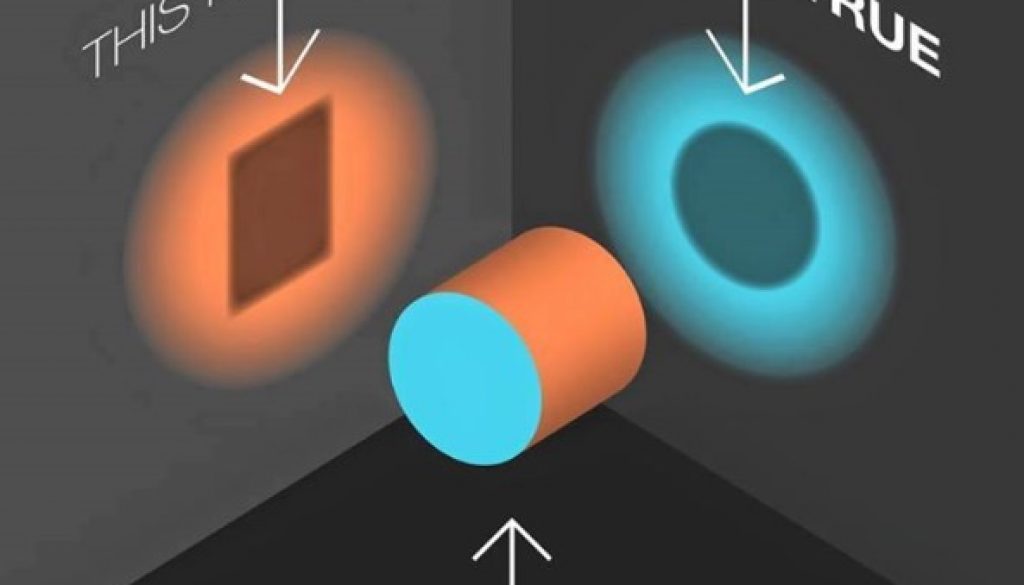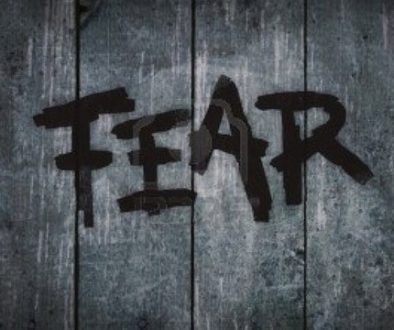Questions and Answers addressed by CNVC Certified Trainers
 Questions and Answers ~
Questions and Answers ~
Since I am a certified trainer with The Center for Nonviolent Communication, I have the benefit of participating in an online discussion group with my colleagues. Recently one trainer asked the rest of us for feedback on some questions she had received from organizers of a project she was working on. Here are the answers that came up for me as I considered her questions.
Q: Do any kind of ethical instructions exist about applying NVC?
For me, NVC is our natural, human language, so I get curious about natural ethics* . Five ethical principles emerge as I consider this question:
- Nonviolence: The “ethics of NVC” are first and foremost to intend no harm. When harm occurs accidentally, NVC can be used for repair work and healing.
- Self-responsibility and freedom: The “ethics of NVC” require self-responsibility. I feel ___________ because I need _____________. NVC, for me, is designed as a strategy to support me in connecting to my own feelings and needs and taking responsibility for them. NVC is NOT designed to tell other people what they should or should not do. NVC offers expanded choice, it does not limit choice.
- Interdependence: The “ethics of NVC” require me to remember that my needs do not exist in a vacuum; rather my needs are interdependent with yours. I do not want to get my needs met at your expense, nor do I want you to get your needs met at my expense.
- The Zero Step: The “ethics of NVC” require me to remember the intention of NVC (to support a quality of connection that inspires compassionate giving and receiving) and the attention of NVC, the present moment. My partner Jori and I use a nickname for this essential combination, the Zero Step.*** In other words, what comes before we “use” the model or the process? This, for me is the whole key to NVC. When I remember the Zero Step, all of the rest of NVC flows naturally.
- Safety and Protection: Although the intention of NVC is connection, that connection can occur only if there is safety. Thus, assessing safety and following up with protection, if needed, must come before connection. (i.e. the protective use of force.****)
Q: To whom does NVC suit and in what life situation?
In my experience, NVC is suitable in all life situations where I can connect to the ethics pointed to above. NVC works best when I am committed to its practice rather than expecting another to comply with the model or the process.
I have “used” NVC with pre-verbal babies, non-verbal plants, animals and objects, people with more or less structural power than me, with friends, my life partner, my parents, my kids, strangers; even people with a mental health diagnosis; but mostly with me.
The main criteria, that I heard from Marshall during a private conversation are:
1. Are you speaking and acting from your own experience?
2. Is your practice of NVC contributing to well-being?
Q: When should NVC not be applied for a reason or another (eg. bad physical or mental health situation)?
I cannot think of a situation in which self-compassion, self-empathy and self-connection is not “appropriate”. There is much research about this. See especially the work of Kristin Neff. (https://education.utexas.edu/
It seems the skill of discernment answers the question of when to “use” empathy or honesty. I notice my discernment emerges from my self-connection, so we focus much of our training on developing self-awareness (and the Zero Step).
Q: Are there any risks about applying NVC (have they been surveyed, can they be predicted)?
I am not aware of any studies or experiments that identified risks or harms related to practicing NVC. I have had experiences when my proficiency of NVC has been lacking and caused harm.**
Using NVC is vulnerable! (Not using NVC is vulnerable, too!). We human beings are remarkably vulnerable, but we are also powerful in our resilience!
Q: Have situations been examined when NVC is hard to use/apply?
For me, NVC often seems hard to use and apply, and I’ve been a practitioner for 17 years and a certified trainer for almost 15. NVC is designed to navigate conflict (among other things) and conflict is hard!
What makes NVC hard to use are the residual effects of the programming or education I have received. The emotional slavery built into our existing cultural system (that claims and worships separateness) means, in my experience, that almost every communication is a challenge. Even expressing an NVC “apology” or gratitude can have unexpected effects!
NVC is certainly not a panacea.
There is no such thing as a perfect strategy, and after all is said and done, NVC “is” a strategy. Any strategy comes with costs and benefits, yes?
It is a powerful strategy for fulfilling its purposes:
- To create and sustain a quality of connection that inspires compassionate giving and receiving;
- to promote the healing of separateness and emotional slavery;
- to create more honest and empathic relationships;
- to resolve conflicts harmlessly;
- to inspire social change that meets more needs at less cost than the present state.
In my experience it does not always “work” in the way that I would like, at least within the time frame I wish it would. Even as I celebrate the success I have with NVC, I’m left with the sweet pain of mourning how often I fall short of my own aspirations to live the Zero Step, to listen empathically and speak authentically and vulnerably, and especially to treat myself and others with compassion.
I wonder if any of this is helpful, and as always I look forward to your responses!
Footnotes:
*I like using the word “ethics” as opposed to “morals”.
For me, ethics emerge from an internal place, focused on our own values and universal needs. No external enforcement of ethics is required because we are naturally sensitized to the feelings and needs that emerge from congruence or incongruence with our values. In other words, when we act outside of our values, we naturally feel pain!
For me, morals derive externally from a set of rules imposed by Authority which must be enforced using punishment and reward. In the face of moral Authority, we seem only to have the choice to submit or rebel.
** Ultimately, using NVC and things like it are quite “harmful” from the point of view of the Powers That Be. Once a critical mass of people live NVC consciousness, I believe all existing social structures will “fall apart” if they rely on punishment and reward as the motivators. From the point of view of the Powers, that is a disaster, and they will likely suffer terribly. (To learn more about The Powers, see Walter Wink’s books.)
***Zero Step is a concept we learned at the first NVC practice group we ever attended. As far as I know, the term was coined by Mel Schneider who offered a session with that title on that evening. I will be forever grateful to Mel. (An article on the Zero Step is coming soon!)
****The protective use of force seems to me one of the least understood parts of NVC for many people. I recommend reading Chapter 12 of Marshall’s book “NVC: Language of Life”.
—




